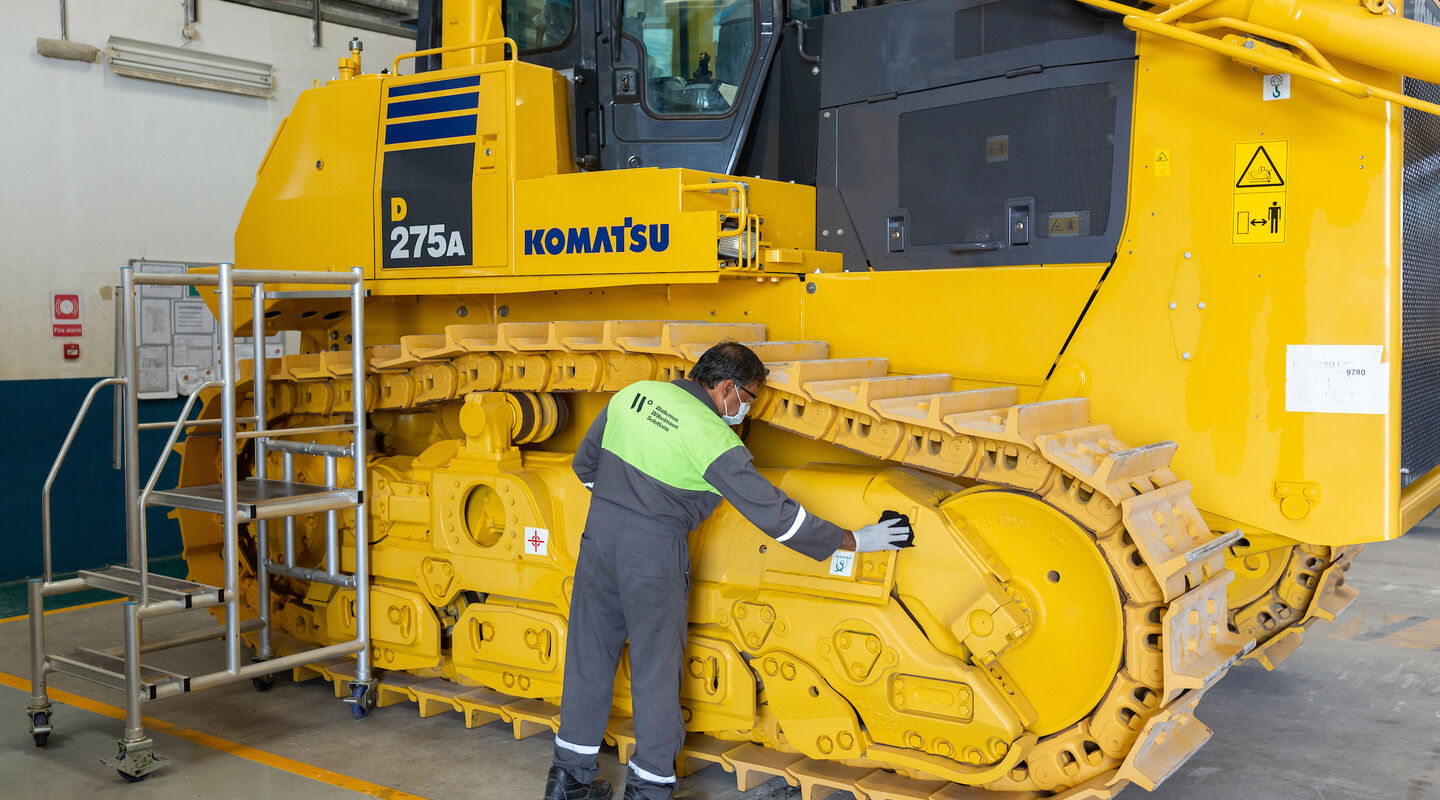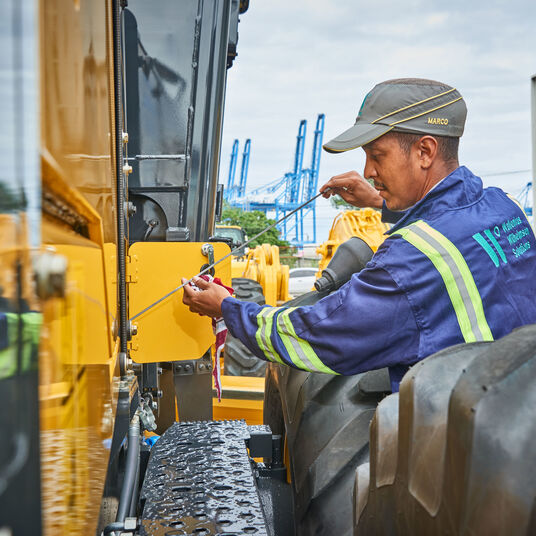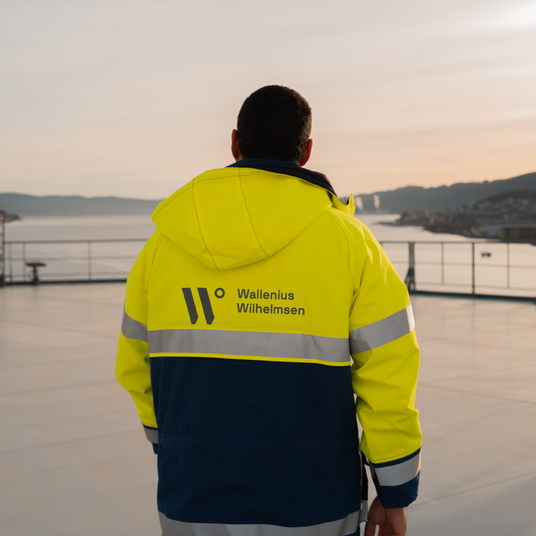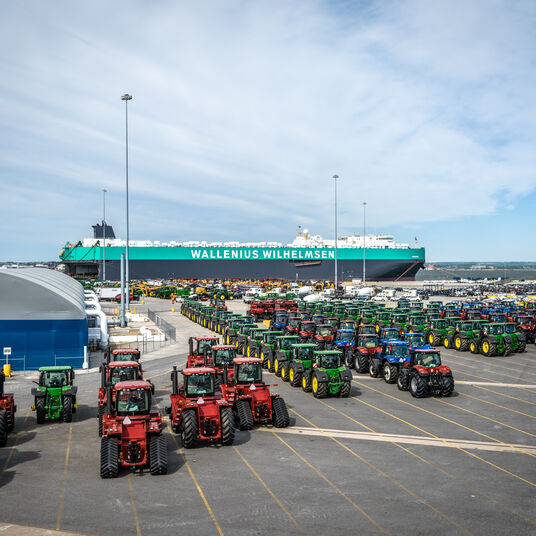The EPC of the future: How will OEMs benefit from a whole new approach?
With the US construction industry booming, WW Solutions’ equipment processing centres (EPCs) are expanding their business footprint to offer more manufacturing work than ever before. Adam Weaver, business development manager at Keen Transport, explains how OEM customers are reaping the rewards.

When it comes to the US construction sector, it’s clear that the industry has weathered the storm of the 2007-8 financial crash. In fact, while construction enjoyed a strong 2018, 2019 is expected to be even better.
A buoyant market means that construction equipment manufacturers are now looking for a partner who can take on some of the more complex, specialised work that might otherwise be carried out on the factory floor.
Why? Well, a third-party that provides these services can free up OEMs to concentrate on winning new business when demand for construction machinery is high. And if demand drops off, using an external supplier gives the manufacturer the flexibility to easily adjust capacity.

Adam Weaver, business development manager at Keen Transport, discusses how WW Solutions' EPCs are expanding their business footprint, and how OEMs are benefitting.
Manufacturing and assembly: What’s the difference?
For me, the distinction between manufacturing and assembly is more blurred than ever before. At WW Solutions, we’re now working to support OEMs in construction, mining and forestry across the entire manufacturing process.
In fact, we might now put a complex assembly together for an OEM before the manufacturing process starts. For the manufacturer, this might mean that we deliver a single pre-production assembly made of hundreds of separate parts, helping to simplify the bill of materials and number of transactions for the OEM, and cutting costs, too.
With one of our current customers, we’re engaged in a project that perfectly illustrates how EPCs are taking on tasks that were traditionally seen as part of the manufacturing process. New excavators come to us without the stick, boom, bucket and hydraulic and electric lines having been fitted, and we do all of this work at the EPC.
How do we satisfy the OEM’s need for speed (to market)?
Rather than customising a machine in the factory and shipping it to the US (which can take weeks), an EPC can do this in a matter of days. Having machinery customised in the local market can drastically cut lead times for OEMs manufacturing overseas.
Sometimes, an OEM requests that we put together an option for a new piece of machinery so they can focus on the core, high-volume production process. That means they don’t need to interrupt production and can concentrate on growing profit margins instead.
The increasing scope of the EPC’s work means we now have specially trained staff on site who can supply the skills OEMs need. As well as offering engineers for design work, we also have machine shops at some EPCs. Additionally, we offer TIG (tungsten inert gas) and MIG (metal inert gas) welding and fabrication services.
An expert labour force: The importance of flexibility
Because the construction market is booming, skills shortages are an underlying issue. It can be particularly difficult to find and recruit assembly workers, which is a challenge not just for manufacturers but for us, too. In light of this, a third party can provide a flexible labour force that can be scaled up or down according to OEM requirements.
Do I think EPC manufacturing activities will increase in the future? We are cautiously optimistic. For some OEMs, we’re already manufacturing counterweights and customising fuel systems. What we do at the EPC and what the OEM does on the factory floor are moving ever-closer – and that’s something that will continue in the years to come.


